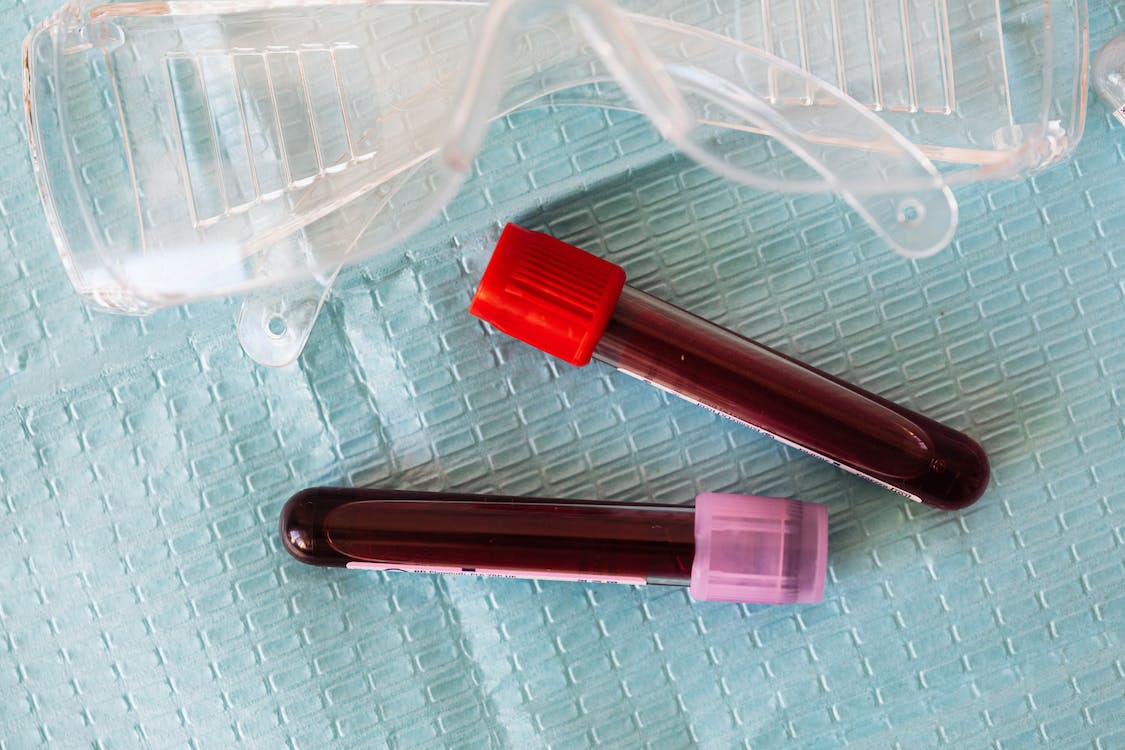
Sexually Transmitted Infections (STIs) (historically referred to as STDs) are more prevalent than many think and if left undetected and untreated, can have severe consequences. Regular STI testing ensures early identification of any infections, enabling prompt medical intervention and preventing further transmission.
Consistent STI testing helps individuals take control of their sexual health. Many STIs may not display obvious symptoms after contraction, making testing the only reliable method for detection. Regular testing allows individuals to make informed decisions about their sexual activity and protect their partners.
Routine testing also positively contributes to public health by reducing the spread of infections. By identifying infections early on, individuals can receive the appropriate treatment and take the necessary precautions to prevent transmission. This helps to break the chain of infection, safeguarding both an individual’s sexual partners and the wider community.
Regular testing also promotes awareness and education. It encourages open conversations about sexual health, reduces the stigma surrounding STIs and STDs, and encourages responsible sexual behavior. It also helps healthcare professionals identify any emerging trends and implement targeted prevention strategies to keep the community safe.
Testing on a regular basis is crucial for maintaining one’s own personal well-being and public health. It empowers individuals, prevents the spread of infections, and fosters a culture of informed decision-making and responsible sexual practices.
According to 2023 CDC numbers, Portland ranks in the top third out of the top 100 US cities in syphilis cases (Portland is #27 in the nation). AFC Portland offers a multitude of fast, discreet, and reliable tests. For more information on our STI testing click here. You can also book a testing appointment and be seen as early as today. To schedule, call us at (503) 305-6262 or visit our website by clicking here!


